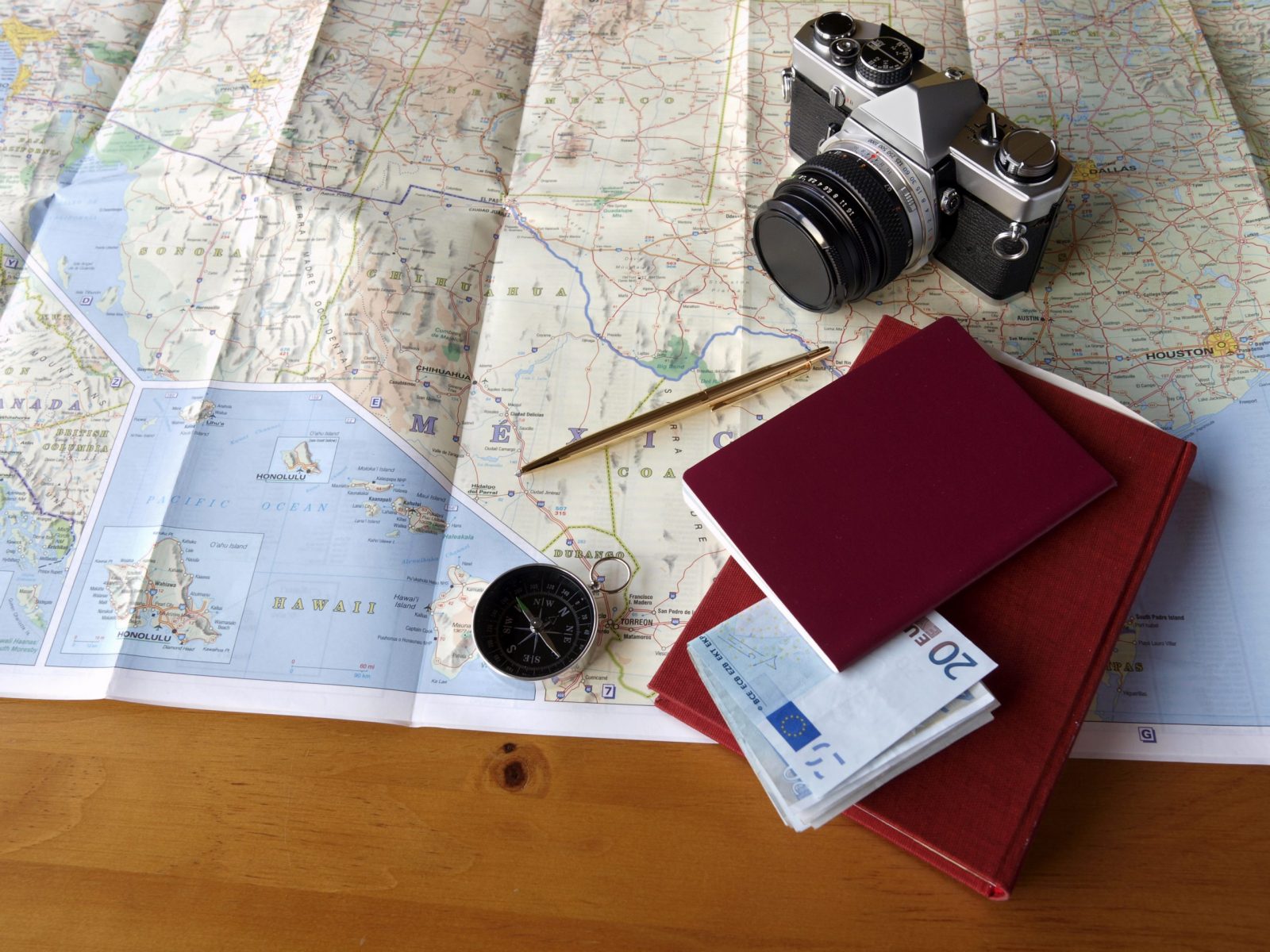THE EXPERTS AT TRAVEL BEYOND
At first glance, planning a safari can seem like an overwhelming process. With a multitude of safari reserves scattered across East and Southern Africa and thousands of camps and lodges to choose from, it’s hard to know which destinations and properties are best suited for the safari of your dreams. But do not fret. Your Travel Beyond consultant will be there with you every step of the way. Whether you’re a new traveler or a veteran globetrotter, our simple and enjoyable planning process will leave you with a personalized itinerary, designed to fit your interests.
How much time does it take to plan a trip?
Our team of experts can plan a trip within almost any time frame. The process might feel different or expedited, but you can count on an exceptional experience regardless of how far in advance you reach out to us.
What is the planning process?
Each client is paired with a consultant who specializes in your chosen destination or travel type and who will work with you to create a custom itinerary that accomplishes all of your travel goals. Our safari consultants have lived, worked or extensively traveled throughout Africa, personally visiting hundreds of camps in order to provide firsthand recommendations. Our consultants operate as a team, meaning your consultant has additional resources and up-to-date knowledge of properties and experiences when designing your safari.
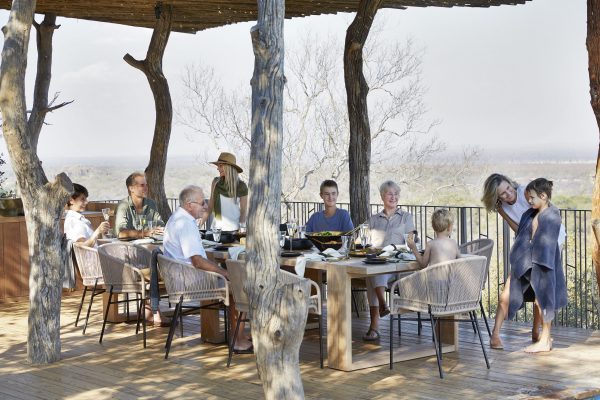
The typical planning process consists of six steps, any of which may be adjusted depending on how soon you travel and the requirements of the destinations you’re visiting.
- Initial Consultation: Depending on where you live, your initial consultation will be via phone or in person at our office in Wayzata, Minnesota. During this conversation, your consultant will ask you questions about your trip goals, accommodation preferences, destination ideas and important details to get a feel for the type of travel you prefer. We’ll answer your questions, recommend destinations and talk through some initial planning ideas.
- Proposed Itinerary: Your consultant will design a custom (or “proposal”) itinerary for you, based on the ideas discussed during the initial consult. We’ll choose properties that have space for your desired dates, and we’ll provisionally hold the space to ensure nobody else takes it! At this step, there is often back-and-forth communication, choosing between properties and tour options, adding a night here or there, recommending flight and transfer options or switching the order of destinations to create the perfect trip for you.
- Confirmation Itinerary: When you’re ready, we’ll confirm your accommodations, transfers and tours with a deposit. We will gather details like food preferences, allergies and any special celebrations occurring on the trip to make sure our partners abroad are fully aware of your needs. We’ll book your flights, help you purchase a trip protection policy and make sure all the logistics are covered. We will also provide a confirmed itinerary with destination information, packing lists, restaurant recommendations and more.
- Final Itinerary and Pre-Trip Preparation: After the confirmation itinerary, we will help you polish off the final details. Perhaps this involves adding another tour, scheduling a massage or making dinner reservations. When complete, and a few weeks prior to travel, we’ll send you a final itinerary and any additional information you need for a seamless trip. Before you travel, we will schedule a final phone call or meeting to go through the details of the trip. We’ll remind you of packing information, share our personal knowledge of helpful destination tips and answer any remaining questions.
- Embark on Your Safari: Once your trip is underway, all you need to do is enjoy your safari! While you travel, we’ll check in frequently with our partners on the ground in Africa to make sure your trip is going smoothly. Our strong relationship with our partners ensures that we’re immediately notified of any unforeseen air delays, severe weather or other issues that might affect your trip.
- Post-Trip Feedback: When you’re back and settled, we’ll check in to hear all about your trip! Your post-trip feedback is an immense help to make sure we’re continuing to support and recommend the properties and guides who provide our clients with the best possible experience.
Regardless of steps, rest assured that your safari consultant and their partnering travel associate will guide you through the process and make sure even the smallest details are covered.
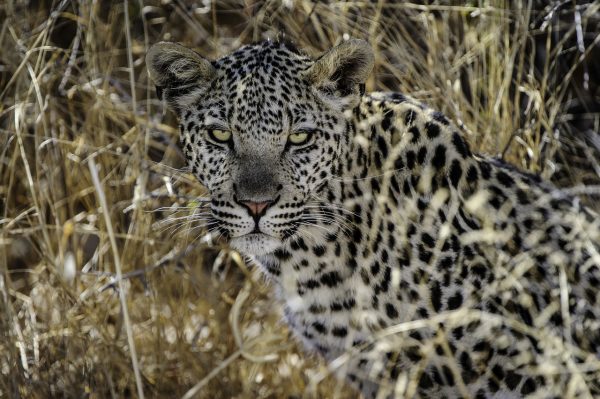
There are also some specific questions you might ask yourself as you begin to think through the type of trip you desire.
Do you want an active trip?
Game drives can feel sedentary, as you are often in a vehicle for extended periods of time. If you want a bit more activity, we can find destinations or properties that provide the opportunity for walking safaris, hiking, and other non-vehicle based activities, such as horseback riding, ATVing, and biking.
How important is it to have an immersive cultural experience while traveling?
While most trips to Africa include a cultural component, there are specific regions that lend themselves to more immersive encounters. East Africa, in particular, tends to offer more opportunities for community visits, during which you meet local villagers and learn about their customs and traditions.
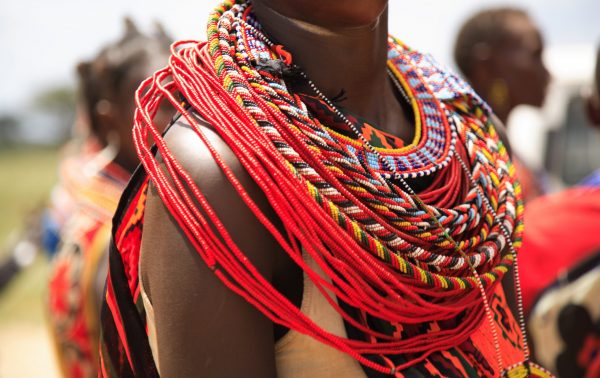
Are you interested in a mix of city and safari?
Whether you want to be entirely in the bush or experience a combination of safari and city will impact the destinations you consider visiting. A country like South Africa lends itself to a great mix of experiences. You can also add in Victoria Falls and a safari in Botswana to really diversify the trip.
Do you wish to see African primates?
While you are likely to see some of the smaller primates (vervet monkeys, baboons etc.) on most safaris, should you wish to encounter the larger species, you must be purposeful about visiting particular countries. Gorilla trekking can be done in Rwanda and Uganda. You can also find chimpanzees in both of these countries, as well as Tanzania.
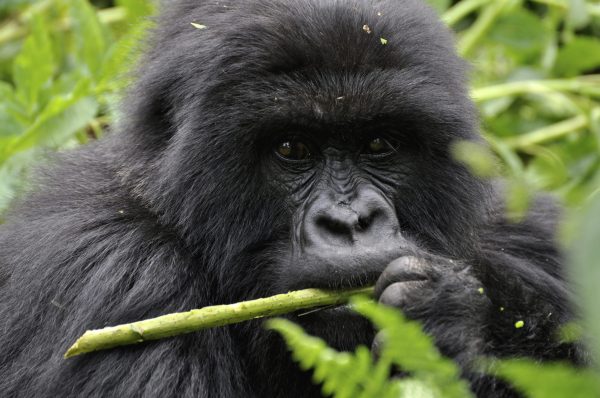
Do you have specific dates in mind?
In general, Southern Africa is a year-round destination, as there is always a country or two that are perfect to visit. East Africa experiences a rainy season, usually between April and May, but is otherwise ideal for travel. Peak safari season generally runs from July – October and visiting during this window of time often requires more advanced bookings. Most lodges have somewhere between six and twelve rooms, so space can be limited. At the end of the day, the more flexible your dates, the more trip options are available!
